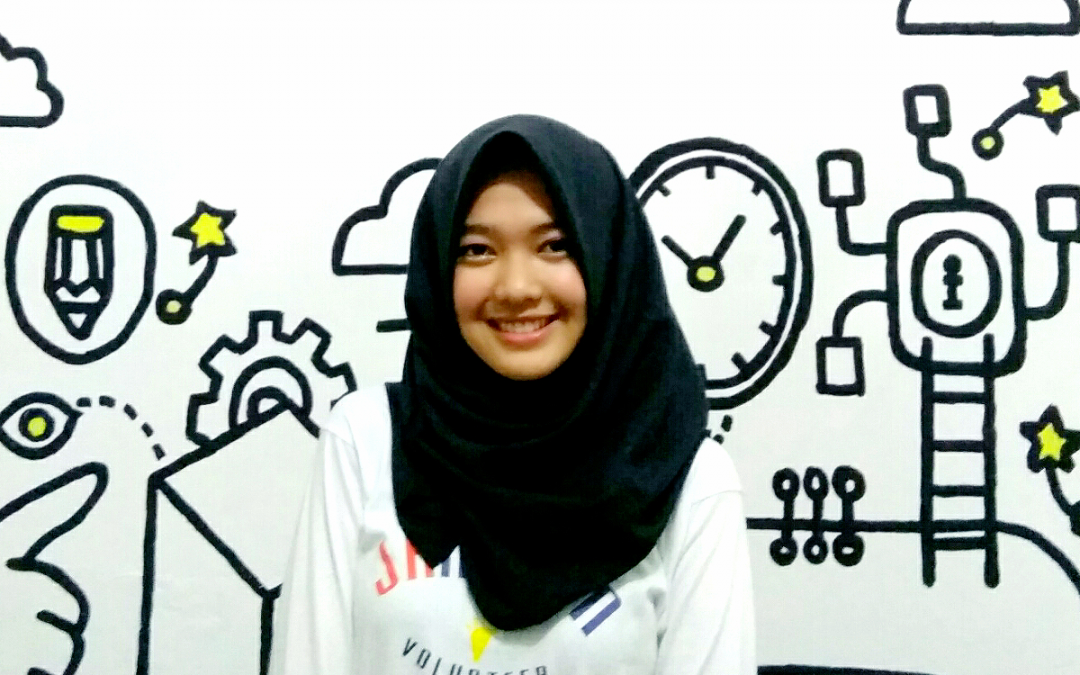Tell us a bit about yourself.
I am Lientje H.K. Mamahit and I am the owner of Eufraino. We produce a variety of plant products that are processed to be used as traditional medicine for health. I am also coincidentally the Chairwoman of the Association of Traditional Medicine in North Sulawesi. Our products come in the form of instant powdered drinks made from ginger, temu lawak, and turmeric, which are considered natural herbal remedies. We combine these ingredients with fruits and vegetables such as mangosteen, soursop, and carrot, among others to enhance the flavors. My latest product is a 3-in-1 variety consisting of mangosteen combined temu lawak and ginger, which I recommend for people who work a lot, people who tend to eat an oily, fatty diet, and for detoxing in general. The reason why I made these into instant powder was because it turns out that after multiple test trials, that these fruits and vegetables produce higher levels of vitamins when dried and grounded.
What motivated you to start your business?
In the 1990s, I was working as a pastor at a hospital in North Sulawesi when I suddenly became sick. The doctors gave me a drug injection, after which I fainted. It was from there that I realized that my body could not take in chemical drugs, and that’s when I discovered herbal medicine.
Then in 2000, I began to build my own business. I started with only 1 kilogram of ginger, temu lawak and turmeric. For every kilogram, I was able to make 30 sachets of herbal drink. After receiving so much positive feedback and orders from friends and family, I had the confidence to grow the business. Now there are 10 instant drink products under Eufraino which have been distributed to most supermarkets in Manado, as well as stores in Tomohon and Tondano including Transmart Carrefour. My current production per year is 30,000 sachets. At the moment, I am starting to develop green tea, which has become somewhat a global trend. Green tea in powdered form is generally considered higher in antioxidants.
What sorts of challenges have you experienced in developing this business?
This business is not without its challenges. In terms of finding capital, I relied on bank loans. However we have been lucky enough to get support from the Ministry of Agriculture to develop our product. Business growth now has reached 10% every year. The Ministry of Cooperatives has also provided us with mentoring and coaching.
Can you share some of the other initiatives you have been involved in?
In 2011 I was also given a community award by the Ministry of Agriculture called the LM3 (Lembaga Mandiri yang Mengakar di Masyarakat) for outstanding achievement in agribusiness. Those who received the LM3 were directly recruited by the Ministry to work as coaches at the Rural Agricultural Training Center. Because a lot of agricultural output is sold unprocessed, its value is remains low. For example, rice farmers generally directly sell their harvest in its unprocessed form for around Rp.10.000 per kilo of rice. But when the rice is processed into flour, companies like Rose Brand sell bags of 100g for a lot more than the unprocessed rice itself. This is the value added from processing that we aim to promote to agribusinesses.
I have also visited various cities in Indonesia and abroad because of invitations to attend seminars and symposiums on herbal medicine. So my knowledge increases after attending each training session, seminar and symposium.
What do you hope for Eufraino going forward?
Our product is ready for export, especially our 3-in-1 drink consisting of mangosteen, temu lawak and red ginger. With the global health trend at the moment, there is definitely a market for it – particularly with its great health benefits.

